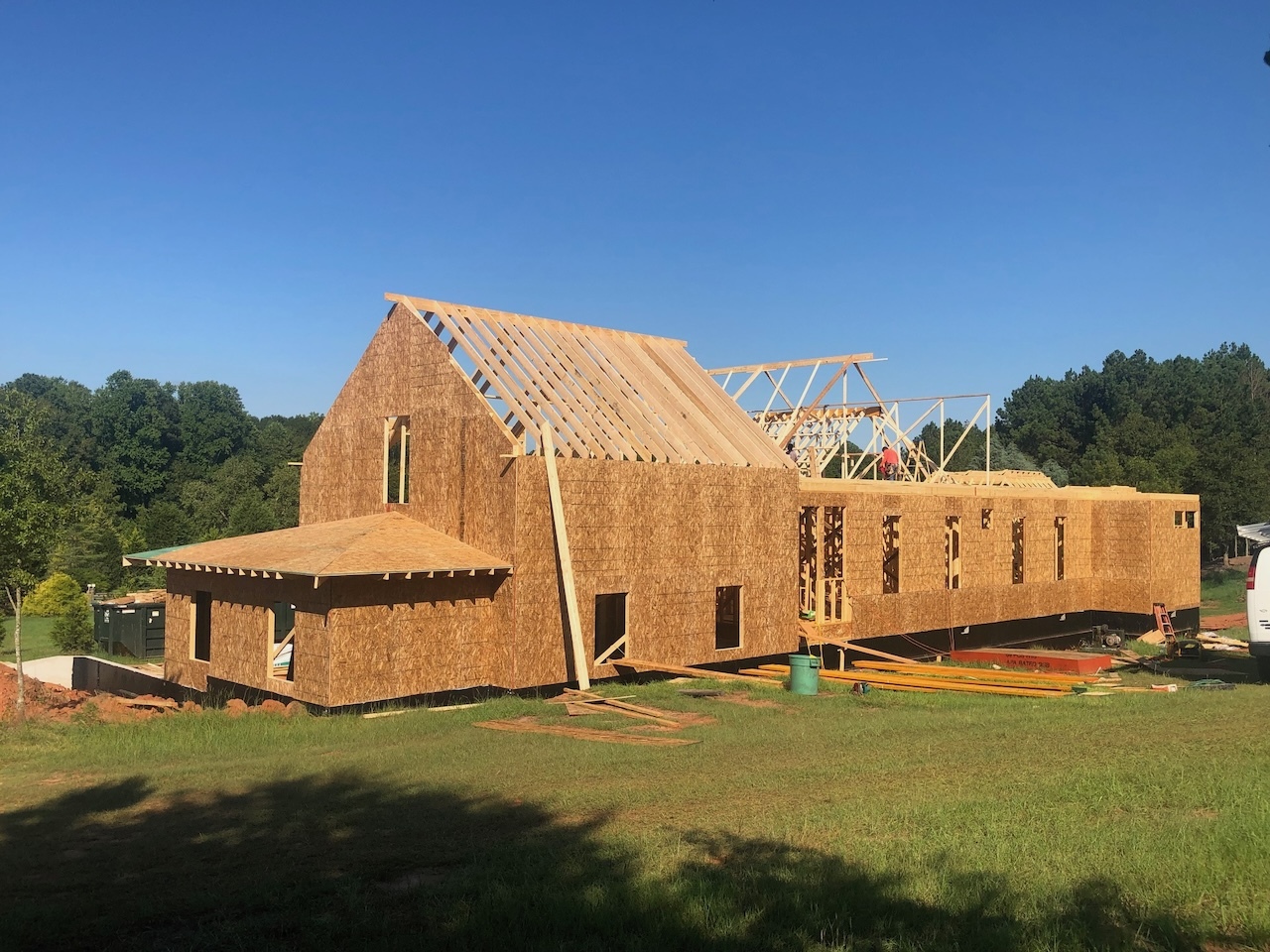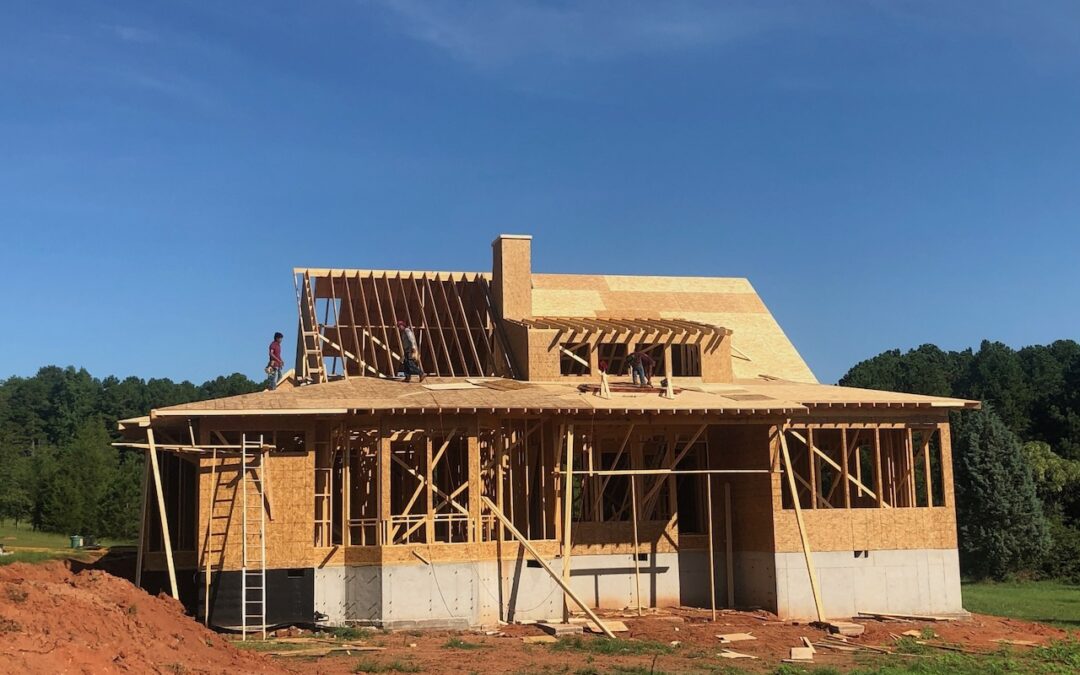 Builders risk insurance, also known as construction risk insurance, is a specialized type of property insurance that provides coverage for buildings under construction or renovation. It protects against risks such as fire, vandalism, theft, and certain weather-related damages during the construction phase. Here are its benefits and key features:
Builders risk insurance, also known as construction risk insurance, is a specialized type of property insurance that provides coverage for buildings under construction or renovation. It protects against risks such as fire, vandalism, theft, and certain weather-related damages during the construction phase. Here are its benefits and key features:
- Coverage During Construction:
- Property Damage: Protects the structure being built or renovated, including materials and supplies on-site, from covered perils.
- Temporary Structures: Covers temporary structures like scaffolding and construction trailers.
- Broad Coverage:
- Named Perils: Typically covers specific risks listed in the policy, such as fire, lightning, windstorms, hail, explosions, and theft.
- Additional Coverages: Some policies may include coverage for debris removal, construction equipment, and materials in transit.
- Financial Protection:
- Cost Reimbursement: Reimburses for repairs or replacement of covered property damaged during construction, minimizing financial losses to the builder or property owner.
- Project Delays: Helps cover additional expenses and potential income loss resulting from project delays due to covered damages.
- Flexibility and Customization:
- Tailored Policies: Policies can be tailored to meet the specific needs of the construction project, including duration, coverage limits, and deductible options.
- Additional Endorsements: Optional endorsements may be available for specific risks or unique project requirements.
- Peace of Mind:
- Risk Mitigation: Provides peace of mind to builders, contractors, and property owners by mitigating financial risks associated with unforeseen events during construction.
Once construction is completed and the home is occupied, permanent homeowner insurance (also known as homeowners insurance) becomes necessary to protect the property and its contents.
Builders risk insurance is crucial during the construction phase to protect against property damage and financial losses, while permanent homeowner insurance provides ongoing protection once construction is completed. Homeowners should carefully select the appropriate type of homeowners insurance based on their property type, coverage needs and financial considerations to ensure comprehensive protection against unforeseen events and liabilities.

